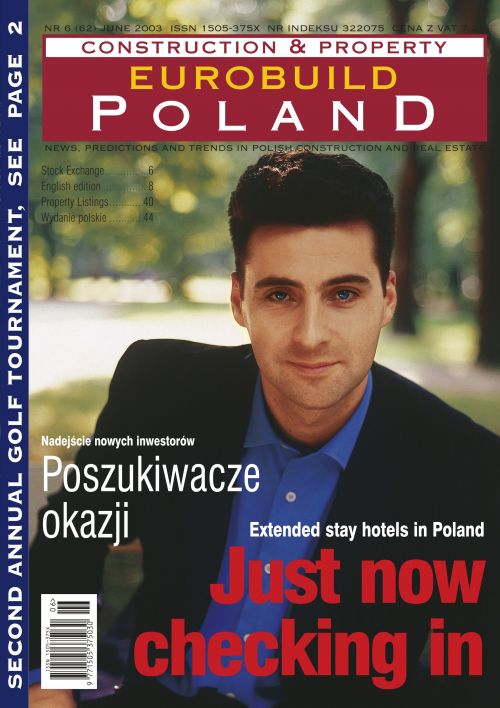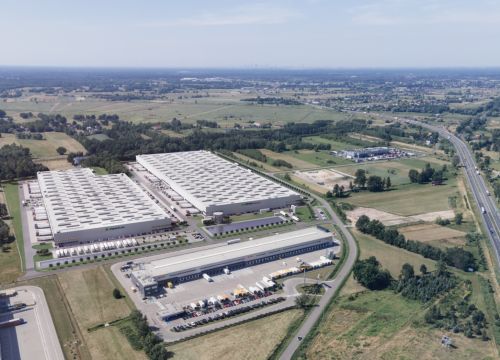Cushman & Wakefield H&B's latest report on emerging
European markets has placed Poland third, behind Hungary and the Czech Republic,
on a list of the most economically promising countries, who are in line to join
the European Union, (Russia, in eighth position here, is of course the exception)
The report begins by admitting that drawing up any such charts
is problematic and concedes that a country's appeal very much depends on the
concerns of investors: whether they are looking for "industry specific
opportunities" and the timescales they have in mind. The research team have
nonetheless attempted to make sense of the balance between each country's
potential and the risk it entails. Fifty variables, which include economics,
politics, corruption, property market structures and occupier and investor
demand have all been examined in terms of the relative stability they can offer.
The analysis claims that it "runs on similar lines to assessments made by
the EU" and concludes th




























































